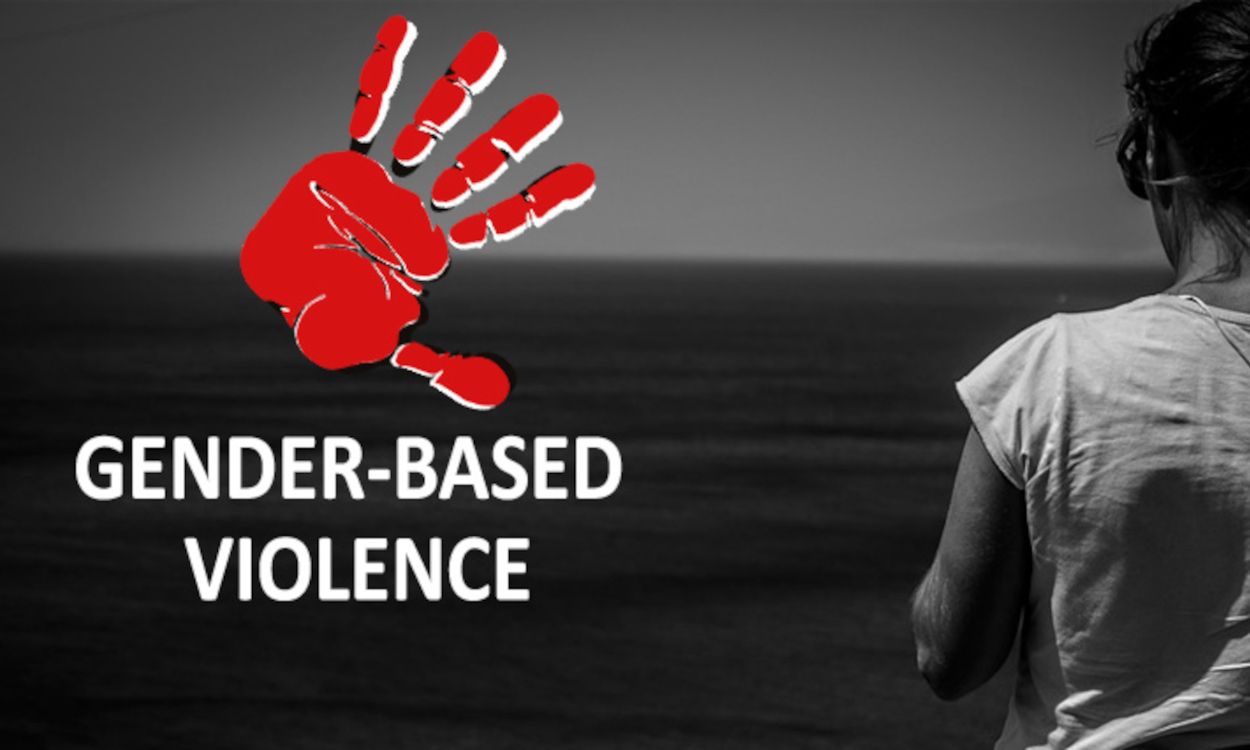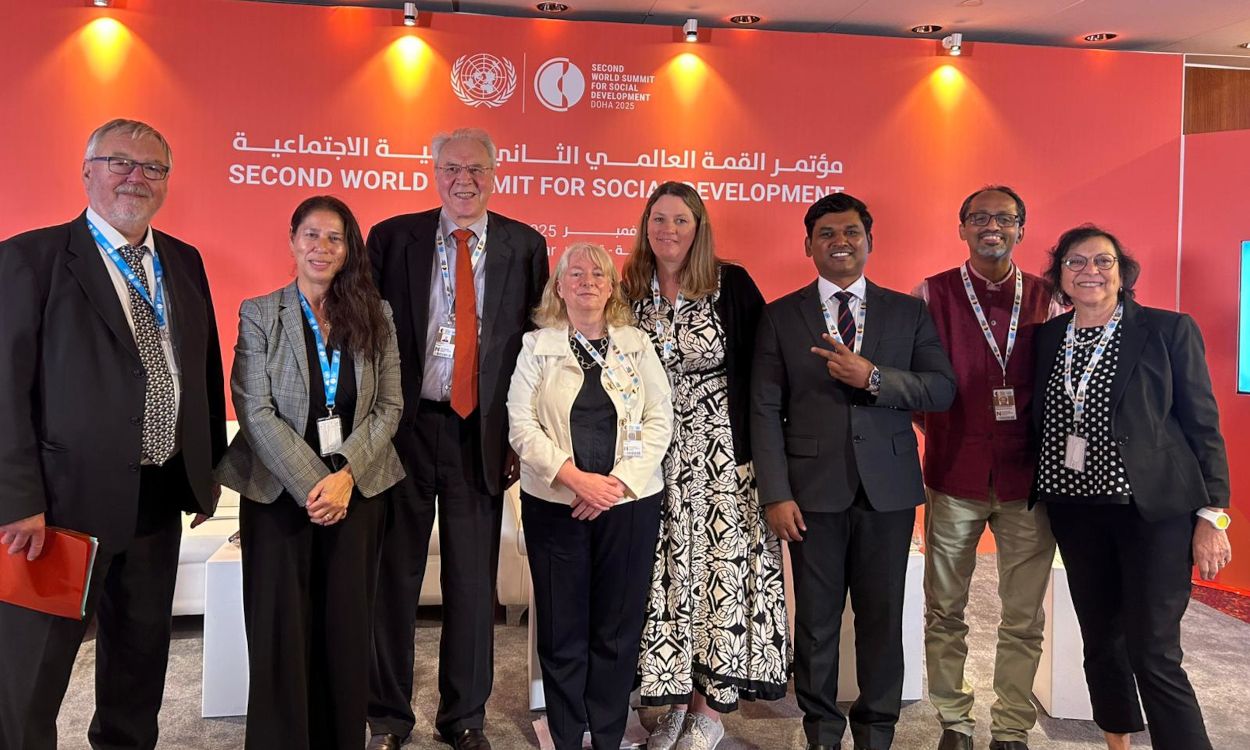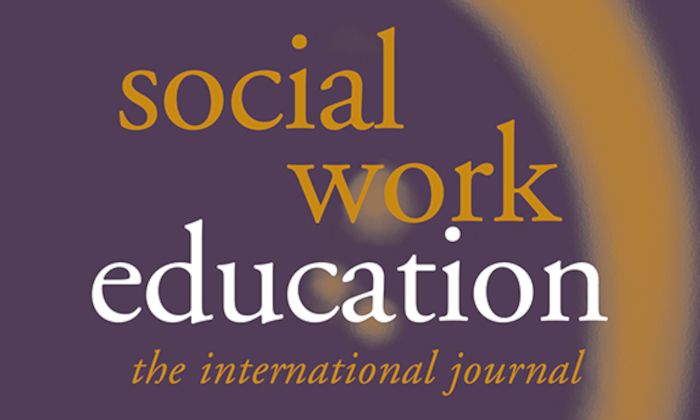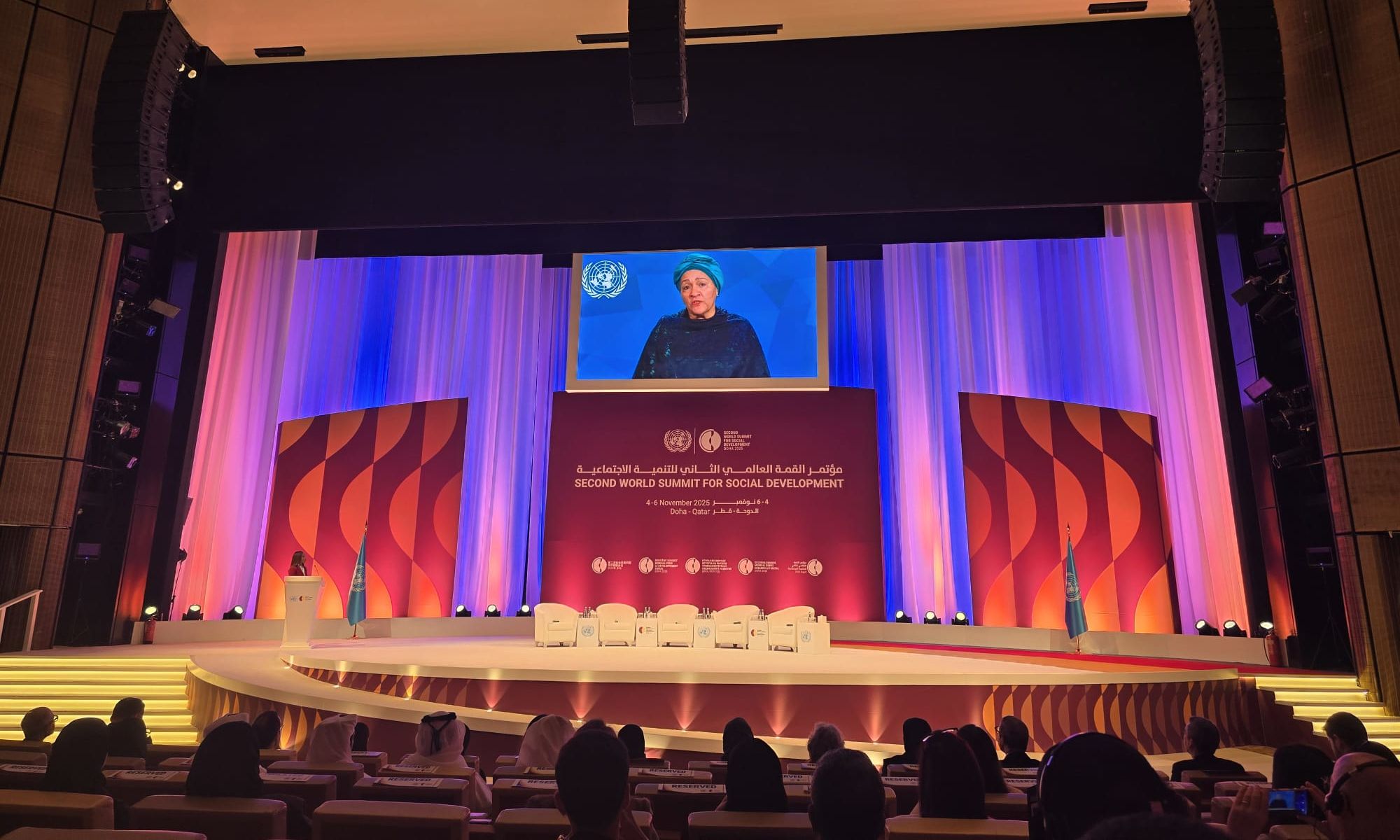North American and Caribbean Region On The Move
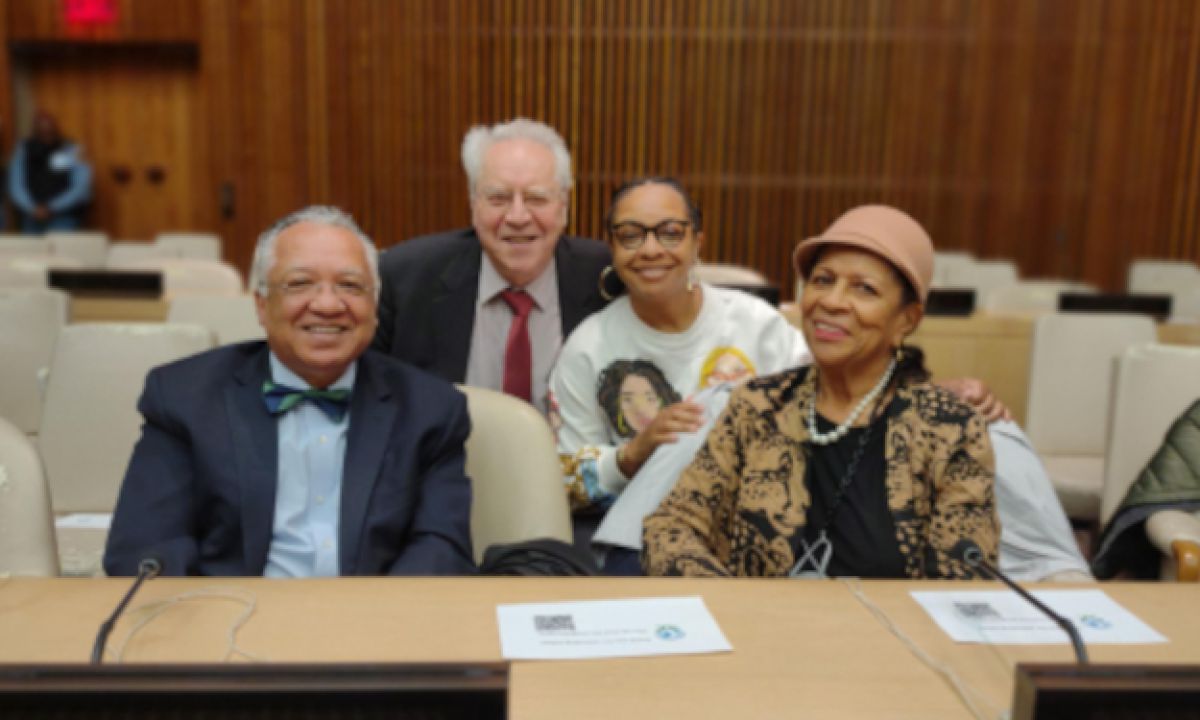
by Patricia Martin-O’Meally, Regional President of ICSW North America and the Caribbean
The 39th Annual Social Work Day at the UN Program:
On March 31st, 2023, the ICSW-US members, Dr. Cudore Snell, Board Member and ICSW Management Committee Member, Ms. Tany Brown, Board Member and Chair of the Membership Committee and Patricia Martin- O’Meally, Board Member and Chair of ICSW-US and President of the North American and Caribbean Region, held a dinner meeting in New York with our ICSW Colleague and friend Sergei Zelenev, ICSW Management Committee Member and Consultant to the 39th Social Work Day at the UN Program Committee including members of IASSW, IFSW and ICSW.
It has been the practice of the ICSW-US members traveling to New York to utilize the day before the UN meeting to have an opportunity to gain first- hand information and ideas about issues related to international topics being addressed by the Global Organization. During the program Dr. Zelenev’s contributions to the planning and development of this years’ program were recognized as substantive and highly regarded. Those remarks made our ICSW Members immensely proud. We also appreciate and applaud the work of colleagues at Fordham University and Monmouth University who were on the Planning Committee and who worked so hard to make the 39th program a success.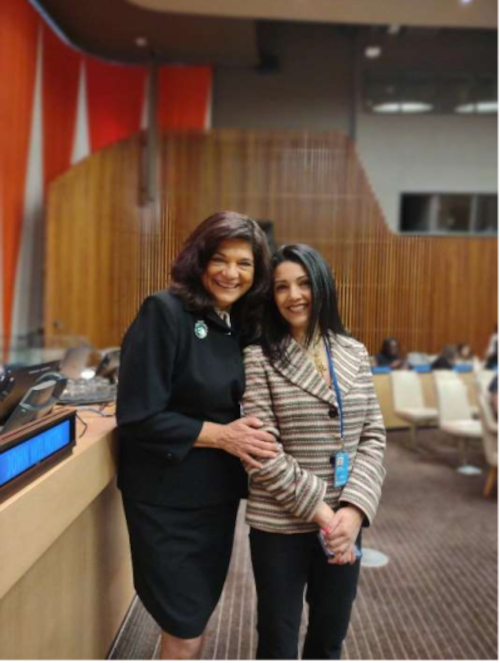
April 3rd, 2023, Social Work Day at the UN 2023 – Creating a More Inclusive World: Overcoming Barriers to “EnAble” Environments. The program was sponsored by the Department of Economic and Social Affairs of the United Nations and the Permanent Mission of Finland and the UN. The program put a spotlight on removing barriers to the daily living of persons with disabilities in countries around the globe. There were two specific presenters that shared their personal family stories that informed their work as advocates for persons with disabilities in the United States. The Americans with Disabilities Act (ADA) was enacted under the George H. W. Bush Administration, July 26, 1990. Its provisions applied to individuals in the workplace, but additional provisions for the rights to public accommodation went into effect in 1992. Many legal battles ensued and in 2008, President George W. Bush signed the ADA Amendments Act.
For those working to advocate for consumers, family members and care givers, the presentations at the UN Conference provided insightful and useful perspectives on approaches to identifying barriers to rightful services and the ability to meet needs of persons with disabilities. There were two speakers that I would like to highlight. First was Walter X. Kalman, the Executive Vice President of the New Jersey Chapter of the American Association on Intellectual and Developmental Disabilities, an advocate for their families and those in the field who provide services. Mr. Kalman, a social worker, spoke passionately about his adopted children, one with an intellectual disability and the other with multiple sclerosis, and about former foster children residing in his home. Mr. Kalman spoke of the barriers to access to school and educational activities. Persons with disabilities are often isolated without a strong and dependable transportation program. Also, during the program, information about the Global Inclusion Office established at the UN in 2019 was identified and the Global lead on disability taken by UNICEF with the Disability Inclusion Policy Strategy of 2022 with initiatives advancing the early interventions and systems improvements so needed by services to Children.
Another speaker I would like to highlight was Dr. Patricia Saleeby, Ph.D., and social worker who (as stated in the program literature) was “recognized internationally for her work promoting the International Classification of Functioning, Disability and Health (ICF) for use in clinical practice and the application of the Capability Approach as an alternative framework for better situating disability. “It was her personal understanding of the functionality her sister, who has a disability, but also has many capabilities and the reality that the disability is only one part of the person. She helped the audience to see that focusing on disability gave only a partial picture of the total individual. She encouraged the audience to look for the many abilities that the individual client or family member has and cautions that using the deficit model as the focus is often the tendency for those making an assessment or classification will often do. This is the beauty of the ICF because it moves the picture to a more wholistic view of who the provider is working with and gives the client an opportunity for a much brighter outcome.
Our time in New York was concluded with an opportunity to network at a luncheon with colleagues from the host organizations. The Social Work at the UN Program was excellent again this year and we look forward to the 40th Social Work Day at the UN next year.


